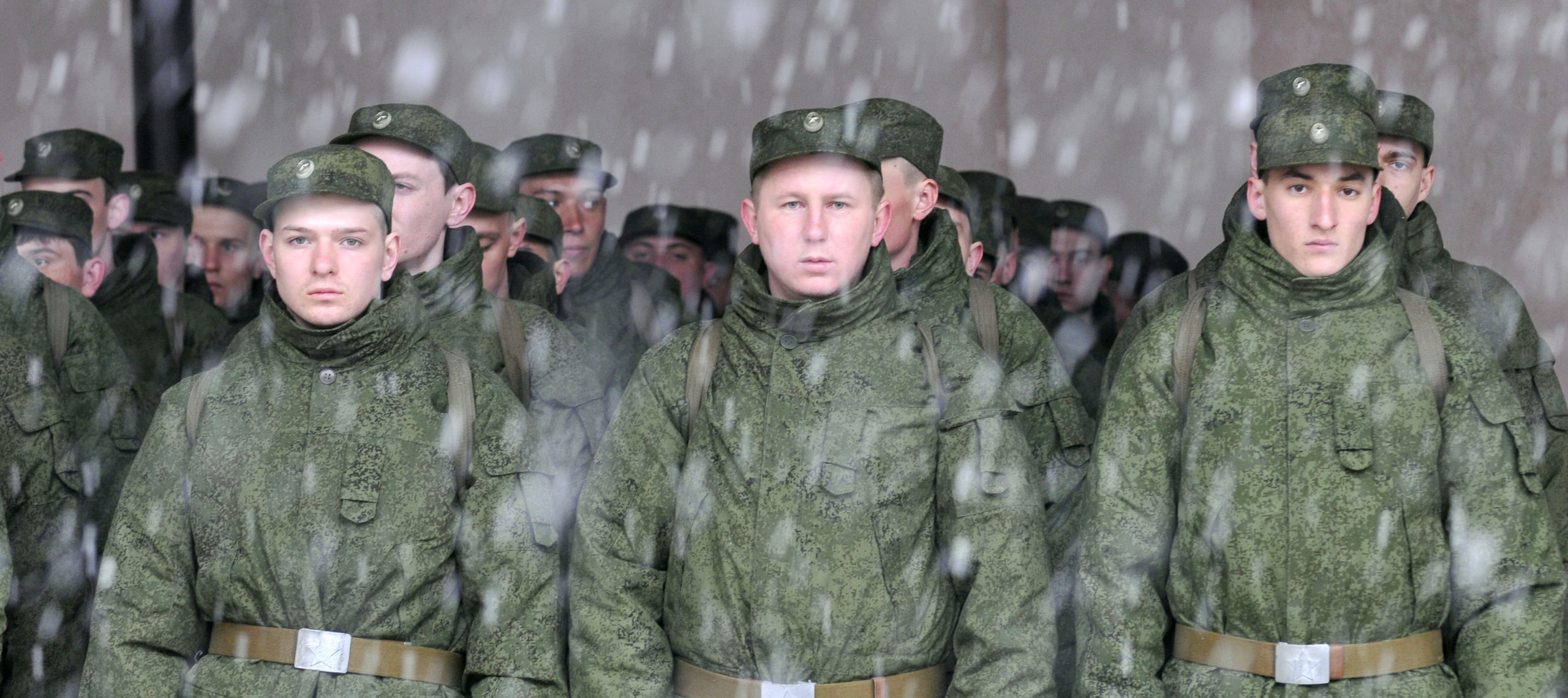The Russian army has a conscript problem. With a military that measures in at under a million strong, just over a quarter did not volunteer. These soldiers operate for a fixed, twelve-month term, resulting in little training and roughly five months (at best) of utilisation. Until the invasion of Ukraine, conscripts had generally not been deployed abroad, and suggestions to change this are deeply politically unpopular in the country.
Why is the foreign deployment of Russian conscripts so politically sensitive? Why is their training so basic, and why does Russia not just re-introduce a longer conscription term to inevitably create a better quality of troops? The answer to all of these questions lies in hazing.
Notoriously, the Red Army was beset by an extreme form of brutal, hierarchical hazing (named dedovshchina) that continued to haunt the post-Soviet army. The complete domination of junior soldiers by their elders resulted in a widespread culture of robbery, torture, and sexual assault. Fearing that the torturous conditions of military service would result in catastrophic levels of troop retention, Moscow offered significant incentives for draftees to re-enlist. Only 1% did so.
But after the Soviet Union’s fall, dedovshchina only increased in both prevalence and intensity.
During a twenty-four month conscription term, sleep deprivation, forced labour, theft, beatings, starvation and rape were imposed on new conscripts by their seniors. Junior officers, concerned with maintaining their livelihoods, were inclined to either ignore the hazings or, at worst, participate in the exploitation of their men. The poor amount of pay given to officers often meant that those who didn’t moonlight would rent out their conscripts as labourers or, in some extreme cases, as prostitutes.
Fear and resentment towards military conscription (and the wider Russian army) became increasingly prevalent. By the new millennium, nearly 90% of men eligible for conscription had some form of exemption from military service, with the remaining 10% often too poor to bribe their way out of the draft. Between January to March of 2004, fifteen soldiers were killed by extreme hazing, and two years later, 40% of deaths in the Russian military were attributed to suicide. That same year, one soldier was beaten so badly that the resulting gangrene resulted in his legs and genitals being amputated.
While the Russian army leadership maintain that dedovshchina is now all but wiped out, just eighteen months ago one conscript shot eight of his fellow soldiers dead after claiming that they had made his life “hell” and were planning to sexually assault him. In an effort to curtail dedovshchina, 2008 reforms reduced conscripted soldiers’ terms from two years to one. Such changes may have limited physical and sexual violence, but they have simultaneously created different problems for the army.
In contrast to the enlisted troops in Russia, who tend to have well-developed technical skills (if little broad leadership ability), their conscripted counterparts are generally less capable. They are often utilised in roles that require less training and expertise, such as logistics — a notable obstacle of progress in the Russian advance and one likely to be a deciding factor in the outcome of the invasion.
That conscripts have been deployed in Ukraine suggests that all might not be well for Russia, and President Zelensky has attempted to capitalise on the ghost of Russia’s historic problem by directly appealing to conscripts to surrender. For Russia, re-introducing a longer conscription period would result in a better quality of conscripted troops, but would also run the risk of the intra-troop brutality that could drain all cohesion and morale from within the military. Still, with so many ill-trained, nervous young conscripts seemingly contributing to Russia’s notorious logistical issues, Russia may find itself reconsidering its strategy.











Join the discussion
Join like minded readers that support our journalism by becoming a paid subscriber
To join the discussion in the comments, become a paid subscriber.
Join like minded readers that support our journalism, read unlimited articles and enjoy other subscriber-only benefits.
Subscribe